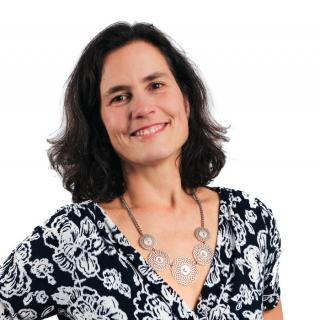Seattle-Area Families Explore Micro-School Options for Fall

Photo:
Photo credit: Weekdays
Micro-school for preschoolers
While the Facebook group described on the previous page is a loose, self-organized community, a West Seattle entrepreneur named Shauna Causey has already created a business model of “micro-school” preschools that’s growing quickly.
With a background in marketing and product development, Causey first came up with the idea of Weekdays after her first son was born four years ago. She found herself on multiple waiting lists for child care, with no good options in sight. Her goals were to provide more quality home-based child-care options for parents and better wages for teachers.
“I realized that if I automated the director role and took away the real estate costs, that could change the dynamic for what teachers can make,” she says.
By providing a platform that facilitates enrollment and tuition, payroll and marketing, Weekdays helps teachers start small, home-based child care centers, preschools and after-school care centers from their homes. (Causey said Weekdays has been called "the Airbnb of child care," a description she says is only partly apt.)
Causey launched Weekdays last fall, and was slowly building the business when COVID hit. She tweaked her model, capping attendance at each care center to 3 (it’s now capped at 6) and launched a text line to quickly match parents such as essential workers with care.
“I had ‘Good Morning America’ call,” she recalls with a laugh. “My head was spinning. It was the right message at the right time.”
With a staff of 8, Weekdays now has a network of 80 micro-schools, with around 20 operating in the greater Seattle. Causey expects that number to increase to around 40 by fall.
Though most child care centers in the Weekdays network are for preschool-age children, some of its after-school care centers are converting to elementary-age care. This could be an option for parents who need a combo of child care and guidance in helping their child follow remote learning. “We’re vetting 10 teachers right now,” she says.
What are micro-schools in the Weekdays network like? Providers are encouraged to choose a curriculum – such as Montessori or Waldorf – and examples range from a forest immersion school in Seward Park to a Learn and Grow day care in Everett where the provider speaks and sings to children in Hindi and Urdu. CDC guidelines for COVID-era child care are in place, from touchless temperature taking to social distancing.
While teachers using this platform will earn more, parents won’t necessarily pay less. Causey says teachers set the rates, but the cost is on par with the average for the neighborhood (roughly $500–$800 a month for half-day care, $19,000–$22,000 annually for full-time care). She says that some schools will be able to enroll subsidized students. Parents can also offer to host a school in their home.











